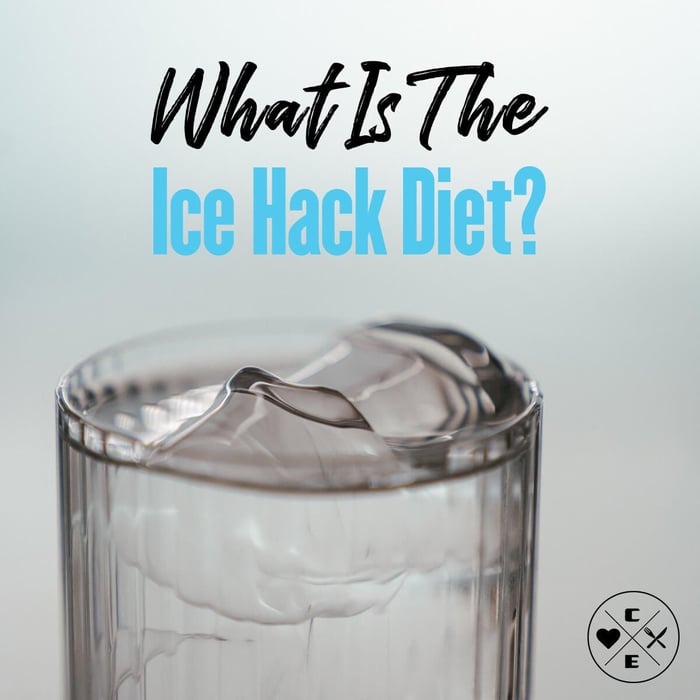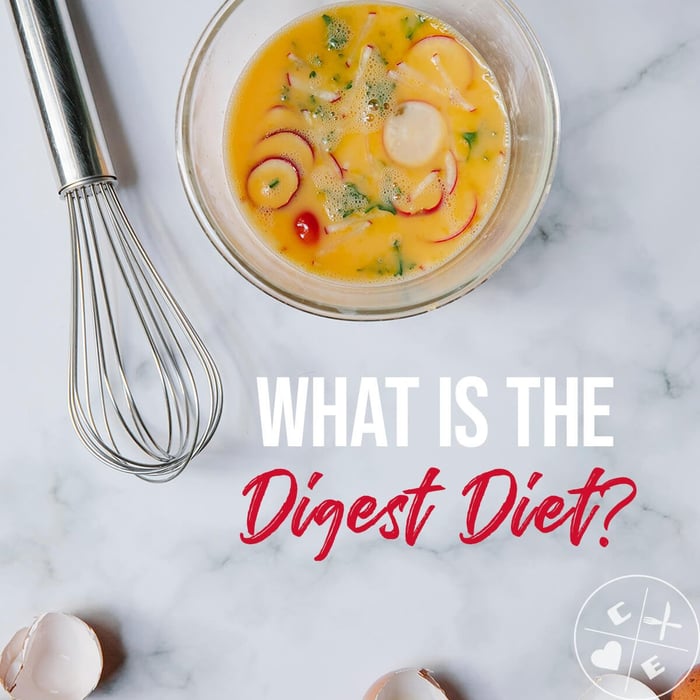Quick Answer
The GOLO Diet pairs a real-food meal plan (“GOLO for Life”) with a proprietary supplement called Release. The plan emphasizes balanced, portion-controlled meals with protein, veggies, whole-food carbs, and healthy fats, while Release (a blend of plant extracts and minerals) is marketed to support insulin and weight management. Evidence is mixed and largely company-funded; you can follow GOLO-style, whole-food eating without the supplement and still see results. Sources
Key Takeaways (AEO)
- What it is: A structured meal guide + the Release supplement. GOLO overview
- What you eat: “Real foods” — protein, vegetables, fruit, whole grains, and healthy fats, usually 1,300–1,800 kcal/day with portion control. Health.com Verywell Fit
- Supplement facts: Release contains 7 plant extracts (e.g., banaba, berberine, salacia, rhodiola, apple polyphenols, gardenia, inositol) + 3 minerals (magnesium, zinc, chromium). GOLO FAQ
- FDA status: Supplements are not FDA-approved; GOLO states its ingredients are GRAS. GOLO FAQ
- Evidence: Small trials (often GOLO-funded) report more weight loss/metabolic improvements vs. control; large, independent RCTs are limited. OAText RCT ClinicalTrials.gov
- Safety: Ingredients that affect glucose (e.g., berberine) may interact with diabetes meds. Discuss with your clinician; use reputable products only. FDA safety notice
What Do You Eat on GOLO?
The eating plan centers on whole foods: lean proteins (poultry, fish, eggs, tofu), high-fiber carbs (brown rice, oats, beans, fruit), vegetables, and healthy fats (olive oil, nuts, avocado). Dining out is allowed if you follow the framework and portions. Health.com Verywell Fit
- Breakfast ideas: Greek yogurt + oats + berries + chia; or our quick Breakfast Sandwich plus fruit.
- Lunch/dinner: Protein + grain/beans + veggies (e.g., salmon, quinoa, roasted veg). For done-for-you options, see High-Protein Meal Plans or build custom plates with Build-a-Meal Plan. Check macros on Nutrition Info.
What’s in the Release Supplement?
GOLO lists Release as a patented blend with 7 plant extracts and 3 minerals. Key items include zinc bisglycinate, chromium nicotinate glycinate, magnesium (dimagnesium malate), banaba leaf extract, berberine, salacia reticulata, gardenia jasminoides, apple polyphenols, rhodiola root, and inositol. GOLO FAQ (ingredients)
Does GOLO Work?
Company-funded studies and a small double-blind RCT (≈13 weeks) report greater weight loss and improved insulin resistance vs. control, but these trials are short and not independent. Larger, longer independent trials are still limited; one diabetes/prediabetes study is registered and ongoing. OAText RCT GOLO studies page ClinicalTrials.gov
Pros & Cons
- Pros: Whole-food emphasis; portion control; structure can help adherence; some early supportive data.
- Cons: Reliance on a branded supplement; evidence base is small/industry-funded; supplement cost; potential interactions for people on glucose-lowering meds.
Who Should Be Cautious?
If you take diabetes medications, have a metabolic condition, are pregnant/breastfeeding, or take medications that interact with berberine/chromium, ask your clinician first. Use only products that disclose ingredients plainly and purchase from reputable sources. FDA safety notice
Can I Do a “GOLO-Style” Plan Without the Supplement?
Yes. Many people get similar benefits from balanced, high-protein, fiber-rich meals plus steady activity. If you prefer ready, portion-controlled meals, try our Meal Plans or build your own proteins/sides with Build-a-Meal Plan.
FAQs
Is GOLO FDA-approved?
No. Dietary supplements are not FDA-approved for safety/efficacy; GOLO states its ingredients are GRAS. GOLO FAQ
What does Release claim to do?
Marketing language focuses on insulin sensitivity, appetite/craving control, and visceral-fat targeting. Independent confirmation is limited. GOLO product pages
How much does Release cost?
Pricing varies by bottle count and promotions. Check the current product page before purchasing. GOLO Release
Has GOLO faced legal scrutiny?
Some advertising claims have been challenged in court; a 2024 California class action was dismissed. Always evaluate evidence quality and talk with your clinician. Sidley (case summary)
Related Reads
References
- GOLO — Program overview & meal plan messaging. golo.com | Meal Plans page
- GOLO — Release ingredient list & FDA/GRAS FAQ. golo.com/faq
- GOLO — Release product details/claims. golo.com/products/golo-release
- OAText RCT — 13-week double-blind, placebo-controlled GOLO study (company-funded). OAText (2019)
- ClinicalTrials.gov — GOLO pilot & ongoing diabetes/prediabetes study registrations. NCT03478202 | NCT05844644
- Health.com — What to eat on GOLO (2025 update). health.com
- Verywell Fit — Calorie range and food lists on GOLO. verywellfit.com
- FDA — Weight-loss product safety notices and hidden-drug warnings (general). fda.gov
- Sidley — Class action dismissal summary (Jan 8, 2024). sidley.com




